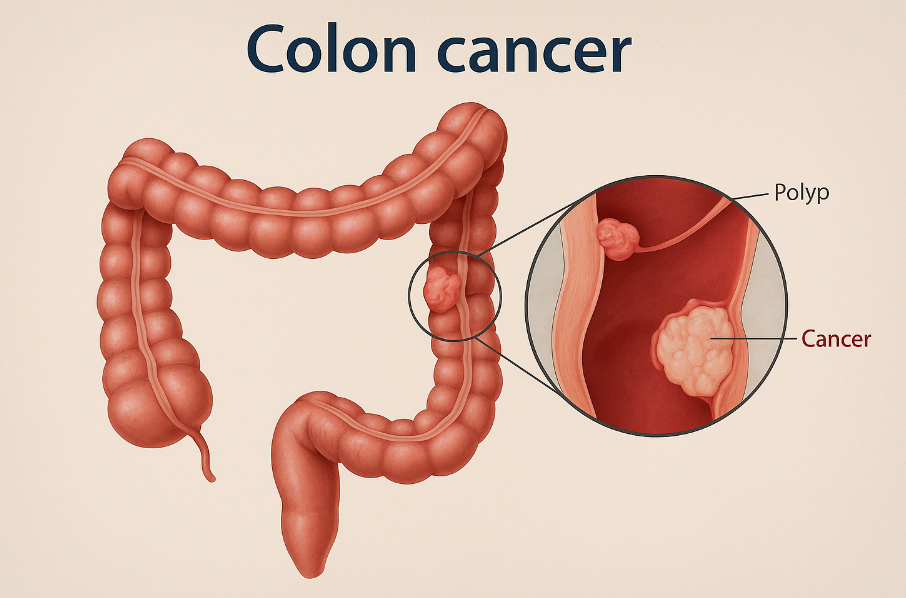
How Diet Affects Colon Cancer Risk
Share
Introduction
Colorectal cancer—also known as colon or bowel cancer—is one of the most common and deadly cancers worldwide. It’s especially concerning in countries that are part of the Organisation for Economic Co-operation and Development (OECD), which includes developed nations like the U.S., UK, Japan, and Germany. A new study published in Nutrients shows how diet continues to play a big role in this growing health problem.
The Link Between Diet and Cancer
Your daily diet has more power than you think. Eating habits are directly linked to the risk of colorectal cancer (CRC). Diets low in fibre, calcium, milk, and whole grains—or high in red meat, processed meat, and sugary drinks—can increase your risk. These foods are now classified as “probably” or “convincingly” cancer-causing by major health organizations.
What the Study Found
In 2021, nearly 40% of colorectal cancer deaths and disability (measured in DALYs) in OECD countries were linked to poor diet. While rates have slightly declined over the past 30 years, the total number of deaths and disability cases has gone up because populations are growing and aging.
The highest burden of diet-related colorectal cancer was seen in countries like Chile and the USA, while countries like Turkey showed lower rates. Interestingly, males aged 50–79 carried the greatest burden, but younger people are also increasingly affected, especially due to changes in modern eating habits.
Young Adults Are at Growing Risk
One worrying trend is that more young people (aged 15–49) are being affected. In this age group, poor diet caused over 39% of colorectal cancer deaths in 2021. This shows that cancer is no longer just a concern for older adults. The rise in ultra-processed foods, fast food, and sugary drinks may be part of the reason.
Some Countries Are Improving, Others Are Not
From 1990 to 2021, some countries saw a decline in diet-related colorectal cancer death rates—like Austria and Germany—thanks to better awareness, healthcare, and healthier diets. But other countries, like Costa Rica, Mexico, and Chile, actually saw rising trends. This shows that progress is not equal everywhere, and prevention efforts need to be stronger in some regions.
What Can Be Done
The message is clear: what we eat matters. Governments and health systems need to invest in public education, better food policies, and access to nutritious foods. Individuals can also make changes—like eating more vegetables, fibre, and whole grains while cutting back on red and processed meat.
Conclusion
Colorectal cancer linked to diet is still a big issue in OECD countries. Although some progress has been made, many lives are still being lost to a disease that’s often preventable through better nutrition. Making simple diet changes today can lead to healthier, longer lives tomorrow.
